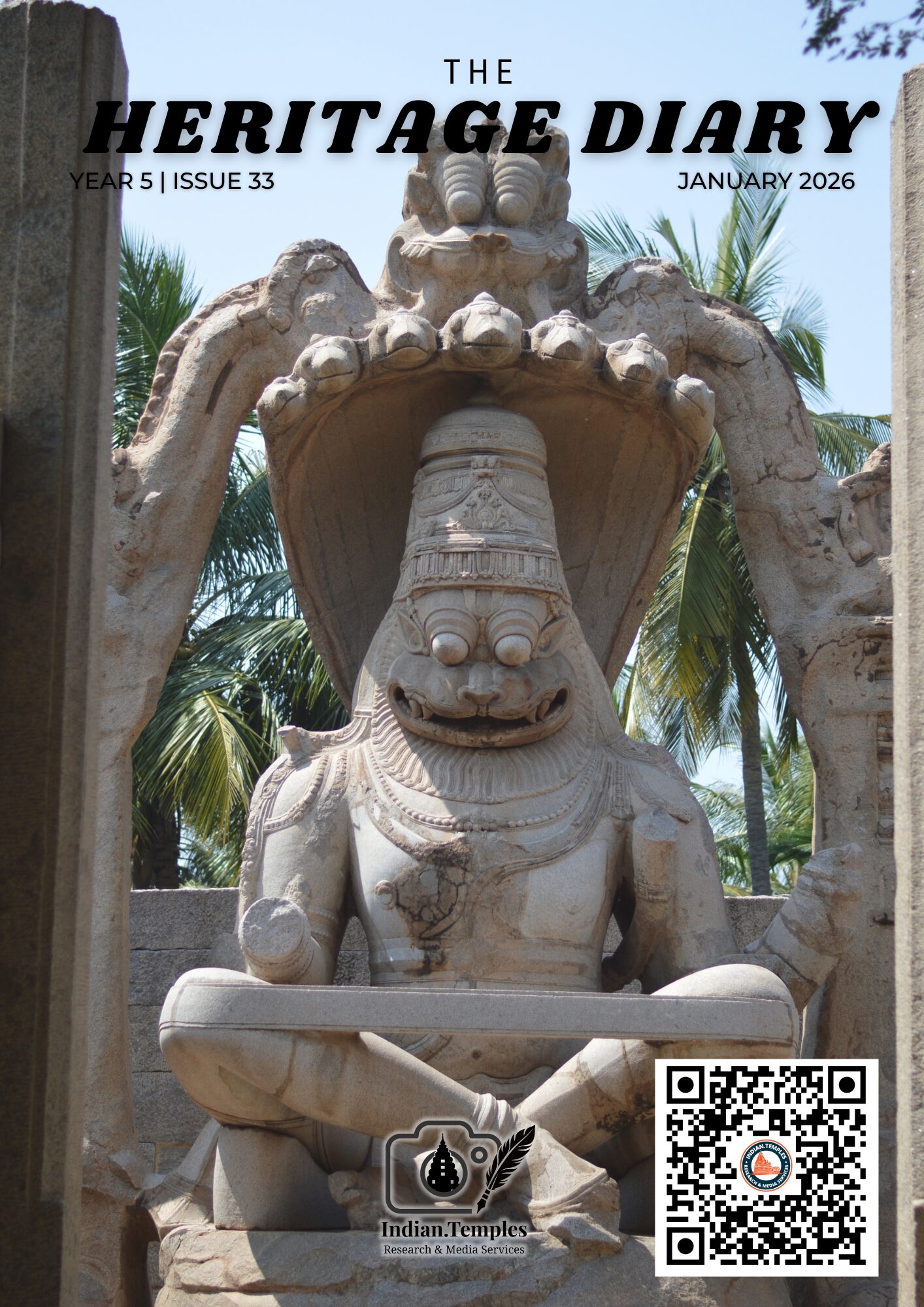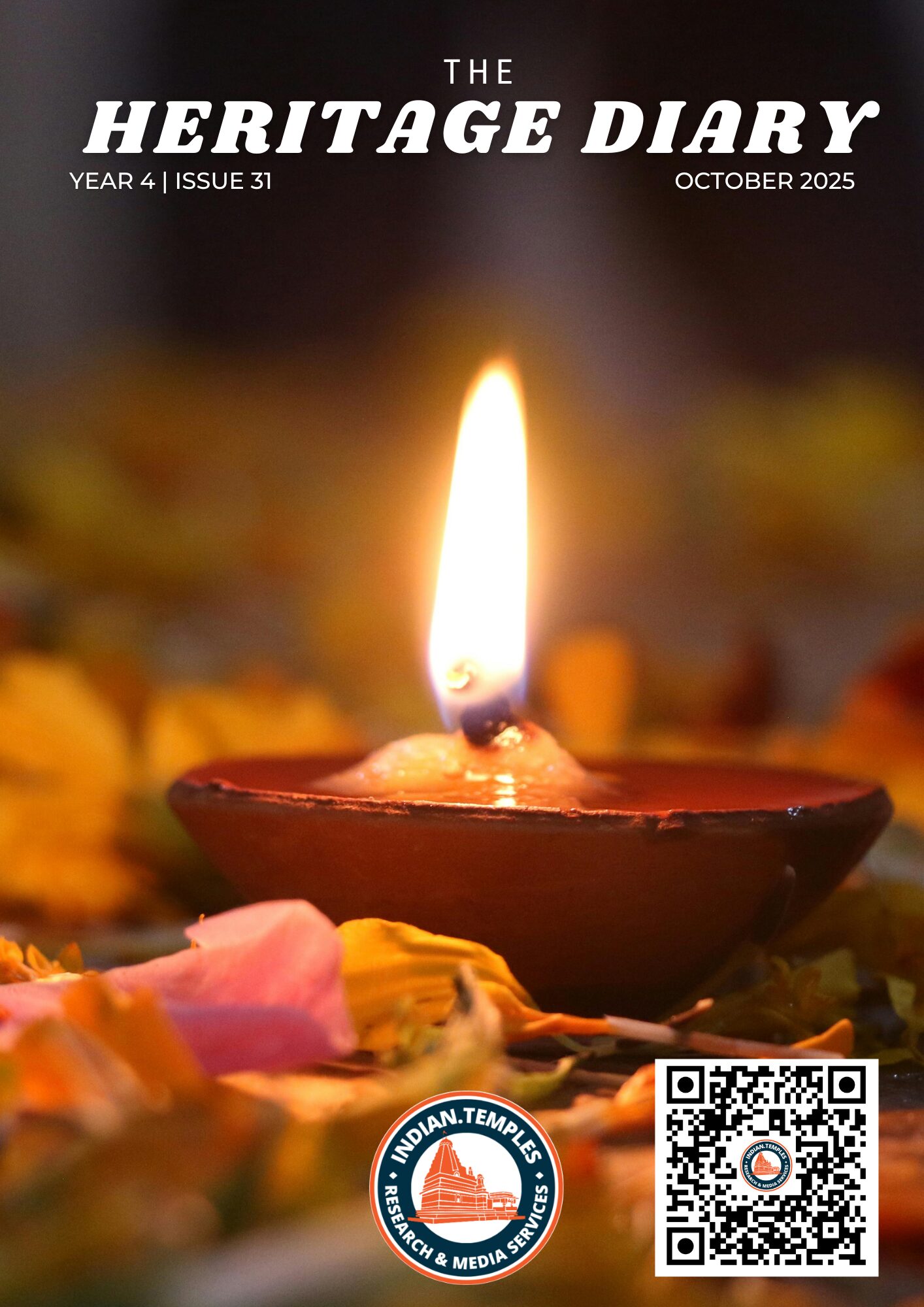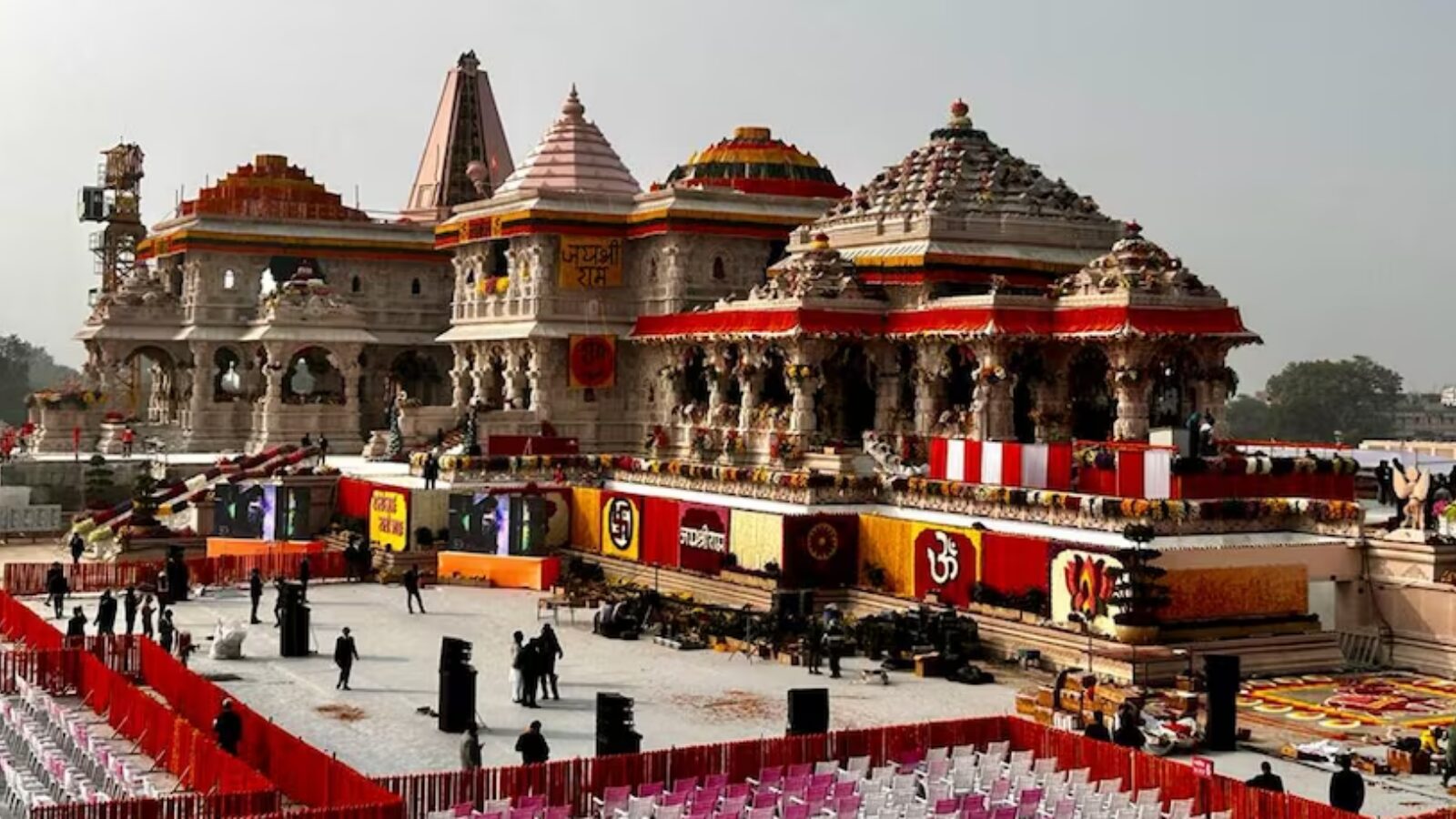
The festival of Narak Chatudashi is part of Diwali and is celebrated in Maharashtra, Goa, Karnataka, Telangana and parts of Andhra Pradesh on the day before Lakshmi Poojan. Sometimes the two festivals coincide, depending on the lunar cycle.
The festival gives a very important message. Narkasur; the son of Vishnu as Varaha and Lakshmi as Bhudevi; got corrupted with excess power. He started to trouble the saints and common people. He was ultimately killed by Vishnu as Krishna and Lakshmi as Satyabhama.
Naraka and his kingdom, Pragjyotisha, find mention in both the Mahabharata and the Ramayana. His son, Bhagadatta, is said to have fought for the Kauravas in the Mahabharata battle. Though the boar Prajapati finds mention as early as the Satapatha Brahmana and the Taittriya Aranyaka from the mid-first millennium BCE, the avatars were associated with Vishnu later, and became popular in the Gupta period (320-550 CE). The contact of Varaha with Bhumi engendering a son, is first mentioned in the Book II of the Harivamsa which is assigned to the fifth century. This theme, that of the son Naraka, is further expanded in the later Vishnu Purana (5th-9th century). In the 7th-century Nidhanpur copperplate inscription, Naraka is claimed as the originator of the Varman dynasty and that he lived three thousand years earlier. The Bhagavata Purana (8th-10th century), which was composed even later, expands the story even further. The Naraka myth gets the most extensive elaboration in the Upapurana called Kalika Purana (10th century), which was composed in Kamarupa itself. Here, the legend of Janaka of Videha, the father of Sita, is embellished and added to the legend of Naraka.
The birth of Naraka is narrated in various texts. According to earlier versions of the legend, he was born after the horns of Hiranyaksha touched Bhumi. In Kalika Purana and other texts, Varaha is mentioned as Naraka’s father. The pious Naraka became evil due to his association with an asura named Banasura, and hence the suffix ‘asura’ (demon) was added to his name. Drunk with power, as he considered himself to be unrivaled in prowess, he brought all the kingdoms on earth under his control. Next, he turned his eyes towards Svargaloka. Even the mighty Indra could not withstand the assault of this son of Vishnu, and had to flee the heavens. Narakasura had become the overlord of both the heavens and earth. Addicted to power, he stole the earrings of Aditi, the heavenly mother goddess, and usurped some of her territories, while also kidnapping 16000 women. All the devas, led by Indra, went to Vishnu to ask him to deliver them from Narakasura. Vishnu promised them that he would attend to this matter, when he would be incarnated as Krishna.
As promised to the earth goddess, Naraka was allowed to enjoy a long reign. At last, Vishnu was born as Krishna. Aditi, who was a relative of Krishna’s wife Satyabhama (believed to be an avatar of Bhudevi – Narakasura’s mother), approached Satyabhama for help. When Satyabhama heard of the Narakasura’s ill-treatment of women and his behaviour with Aditi, she was enraged. Satyabhama approached Krishna for permission to wage a war against Narakasura. As promised to the devas and Aditi, Krishna attacked the great fortress of Narakasura, riding his mount Garuda with wife Satyabhama.
The battle was furiously fought. Narakasura possessed 11 Akshauhinis that he unleashed on Krishna. However, the deity slew them all with little effort. Krishna also killed Mura, Narakasura’s general. Thus, Krishna is called ‘Murāri’ (the killer of Mura). Narakasura used several divine weapons against Krishna, but the latter easily countered all those weapons. At last, when Narakasura tried to kill Krishna with a trident, Krishna pretended to swoon, because of a boon that Narakasura could be killed only by the one who gave birth to him. Outraged, Satyabhama attacked Narakasura and Krishna killed him with his Sudarshana Chakra (discus) by splitting Narakasura into two halves.
Even though Narakasur was son of the supreme Gods (Vishnu and Lakshmi), his deeds on the earth ultimately decided his faith. He is remembered for his deeds, and not for whose son he was. Similarly, Pralhad was born to a Asura, but his good deeds on earth forced Vishnu to decent on earth and save Pralhada (Vishnu as Narsinha). So your Karma only will decide what you will be remembered for, not your family lineage.
And when God’s own son was doing wrong deeds, Vishnu himself punished him by slaying his head with Sudarshana Chakra. If our owns are committing wrong acts, we need not think twice before punishing them. If only our politicians read Puranic stories a little more….!!!!






One thought on “Beyond the Legends: The story and significance of Narakasura’s killing by Krishna”